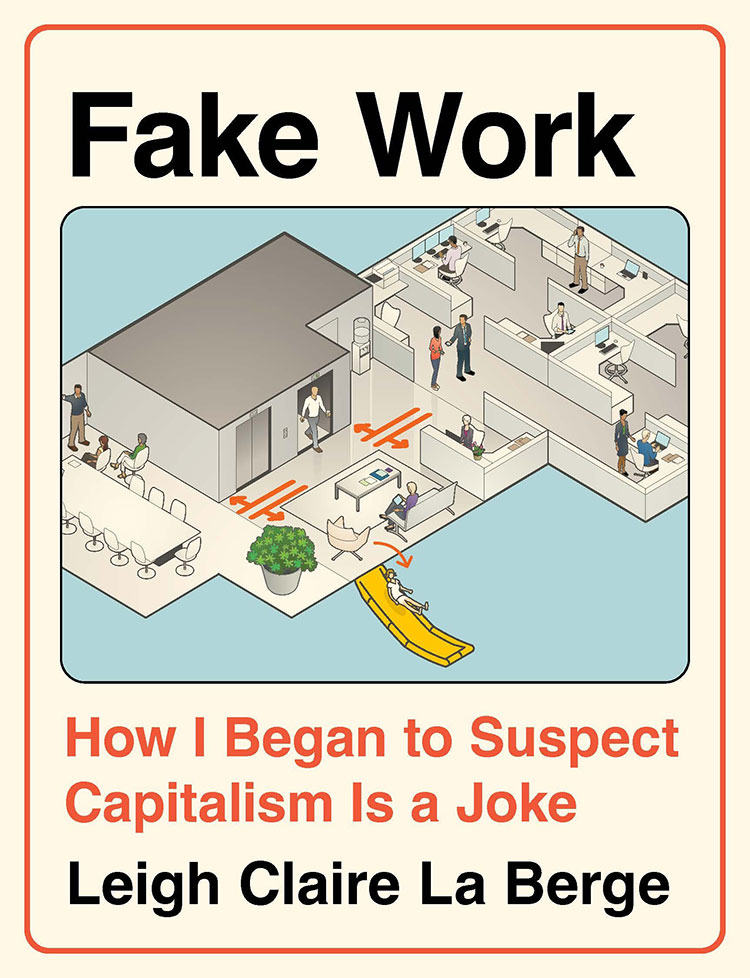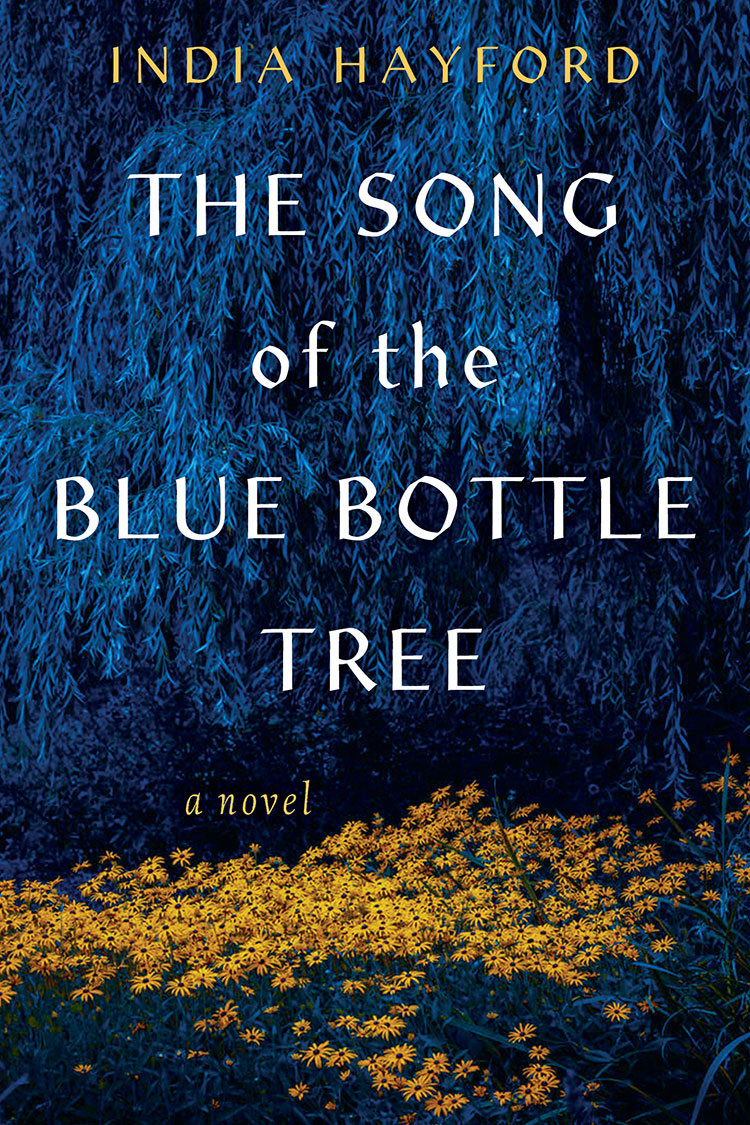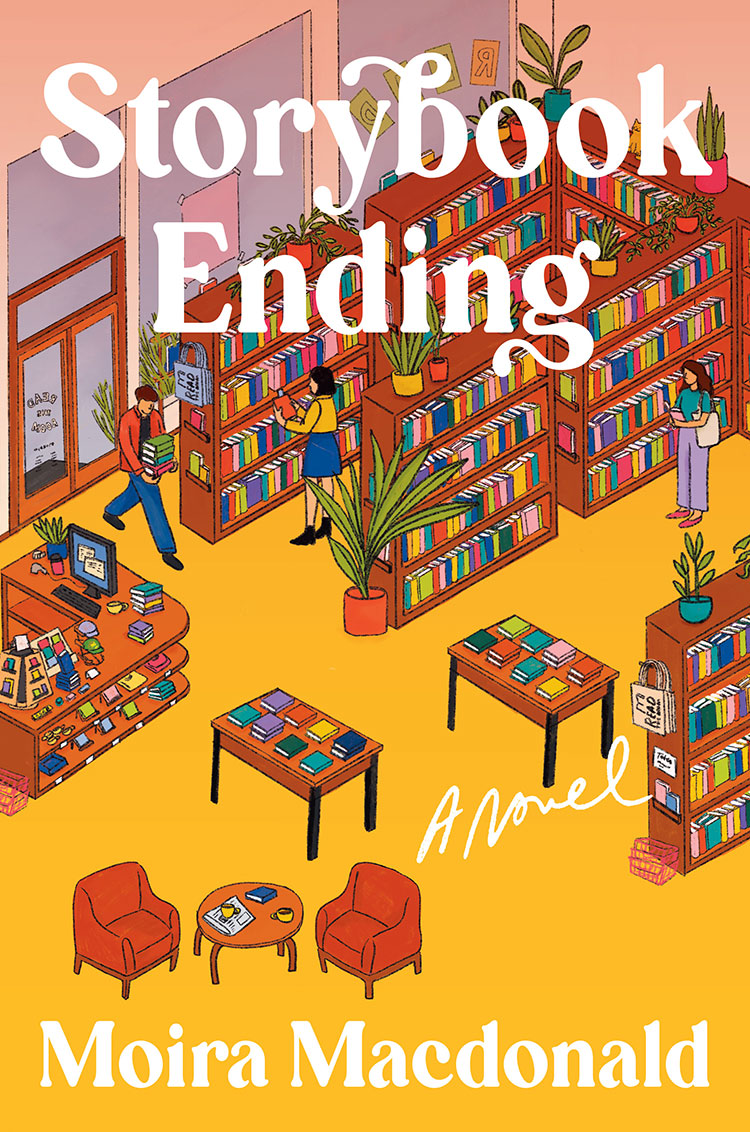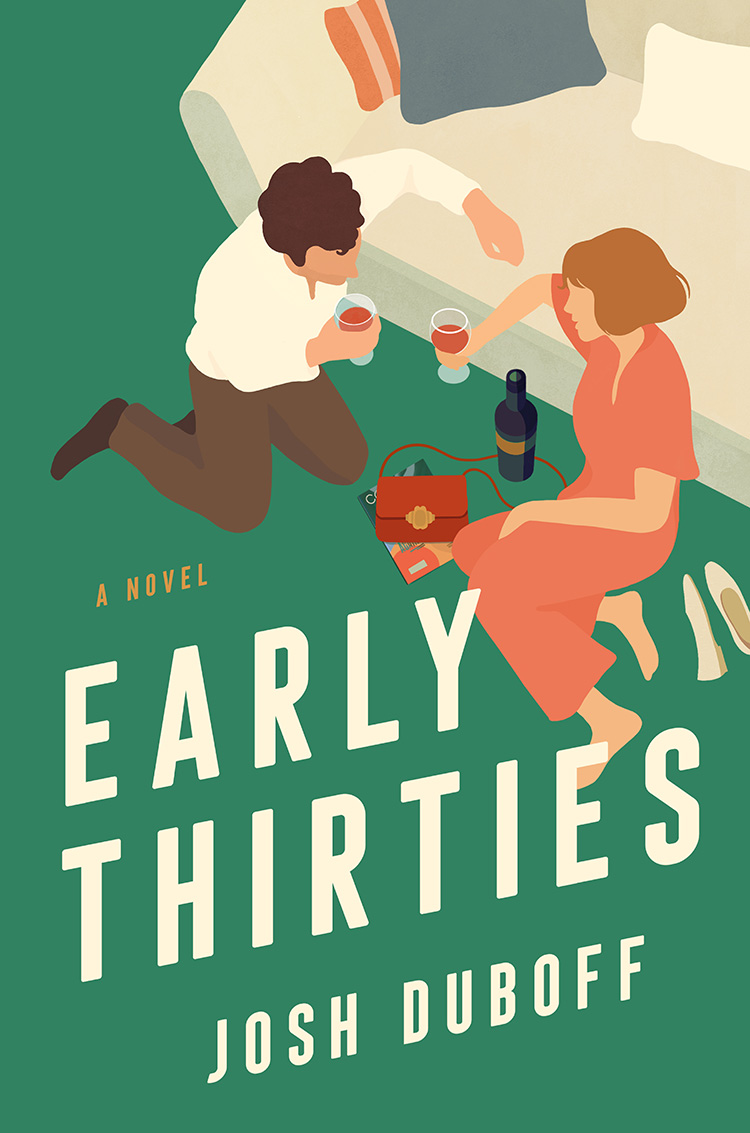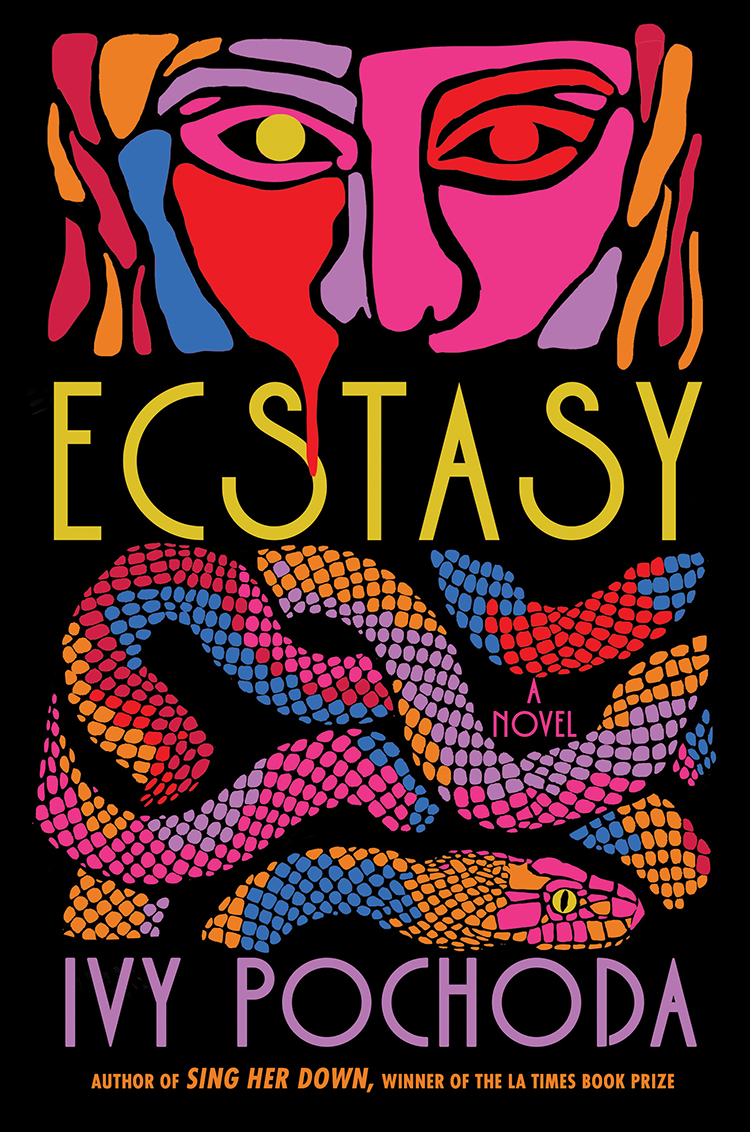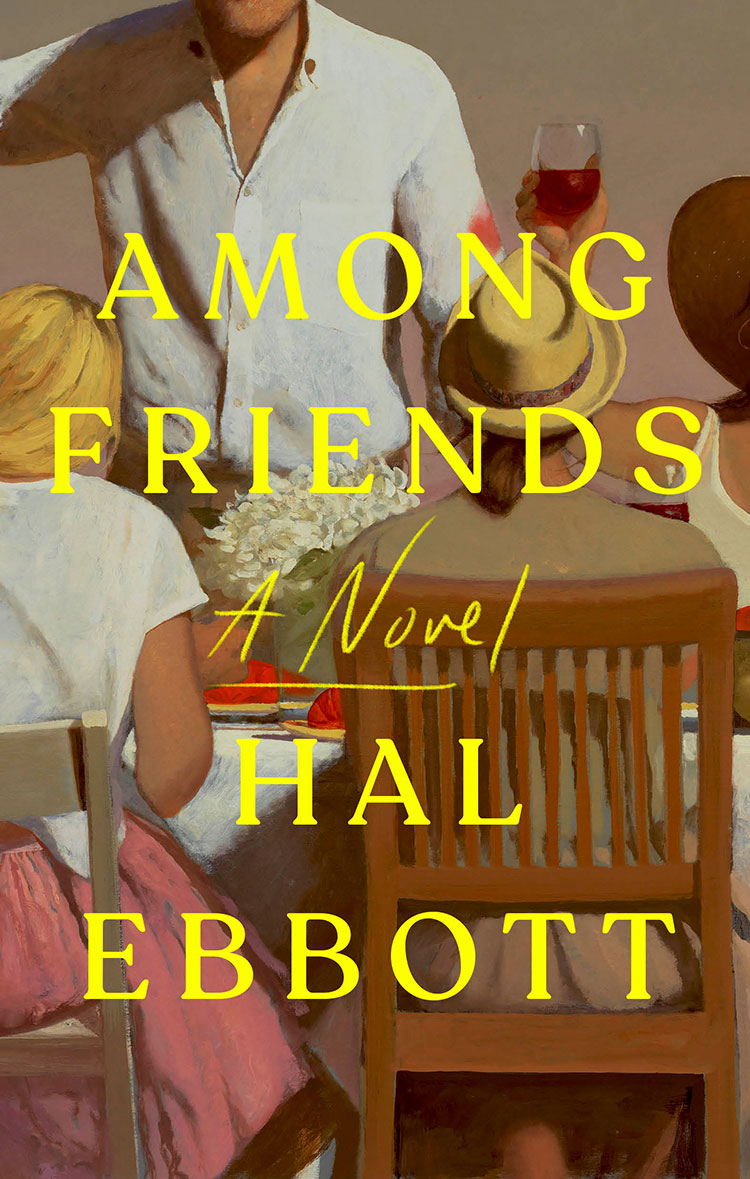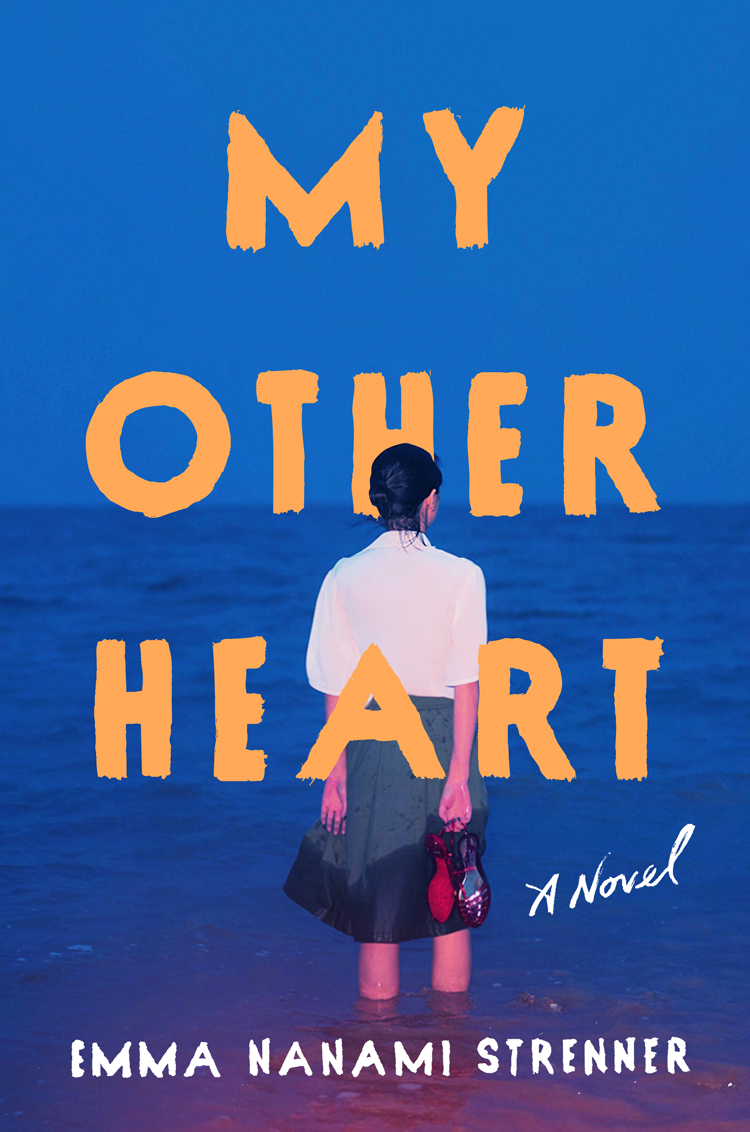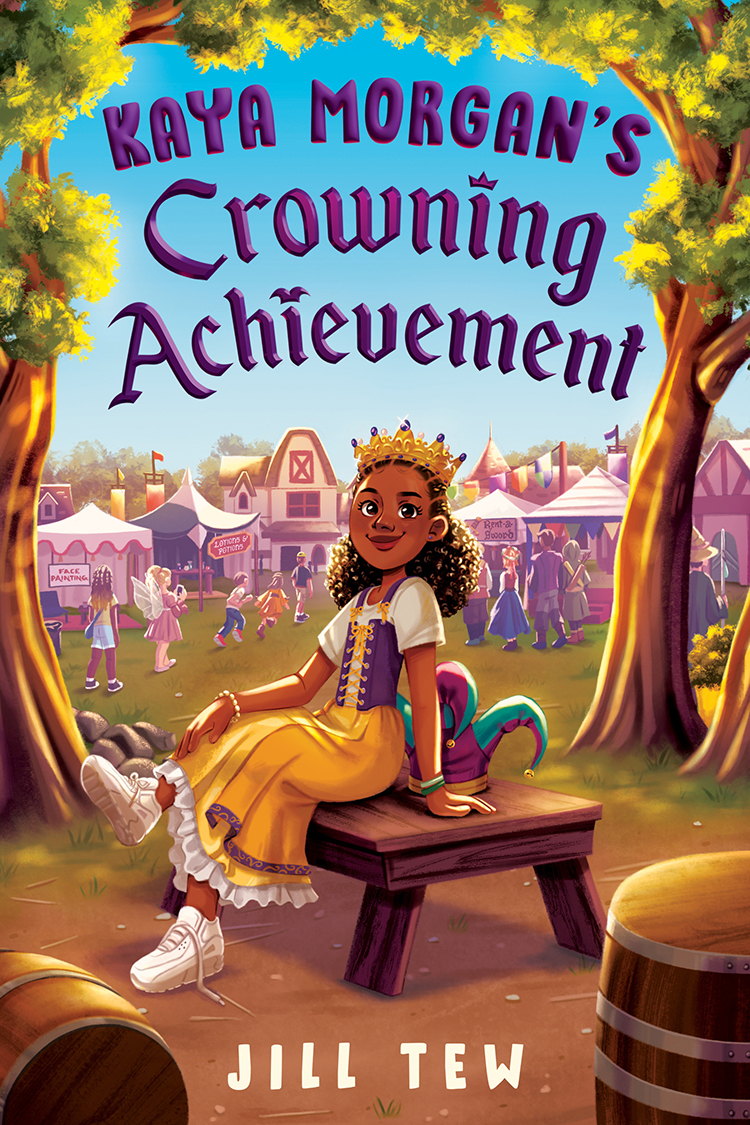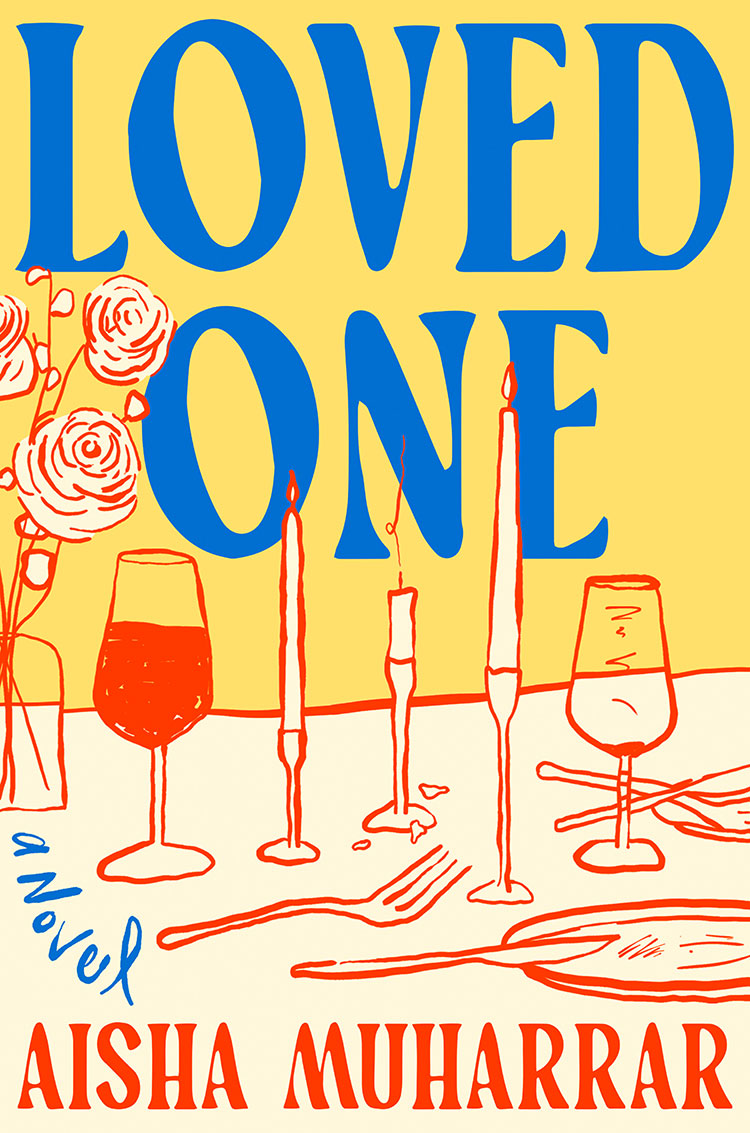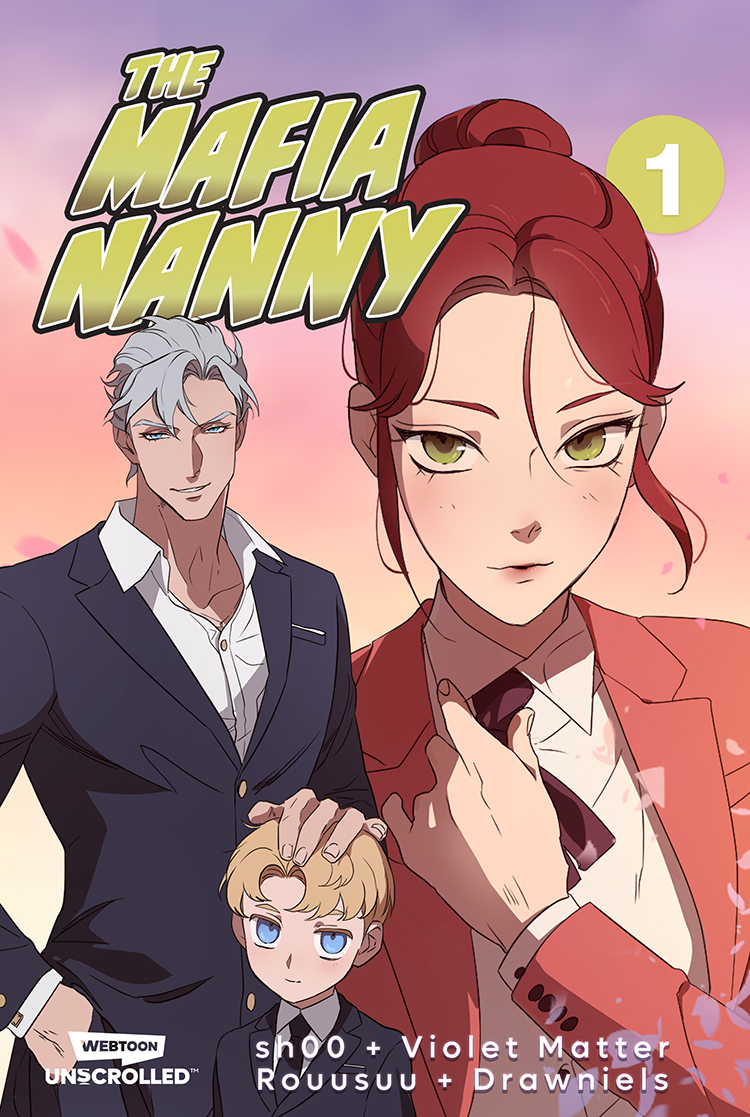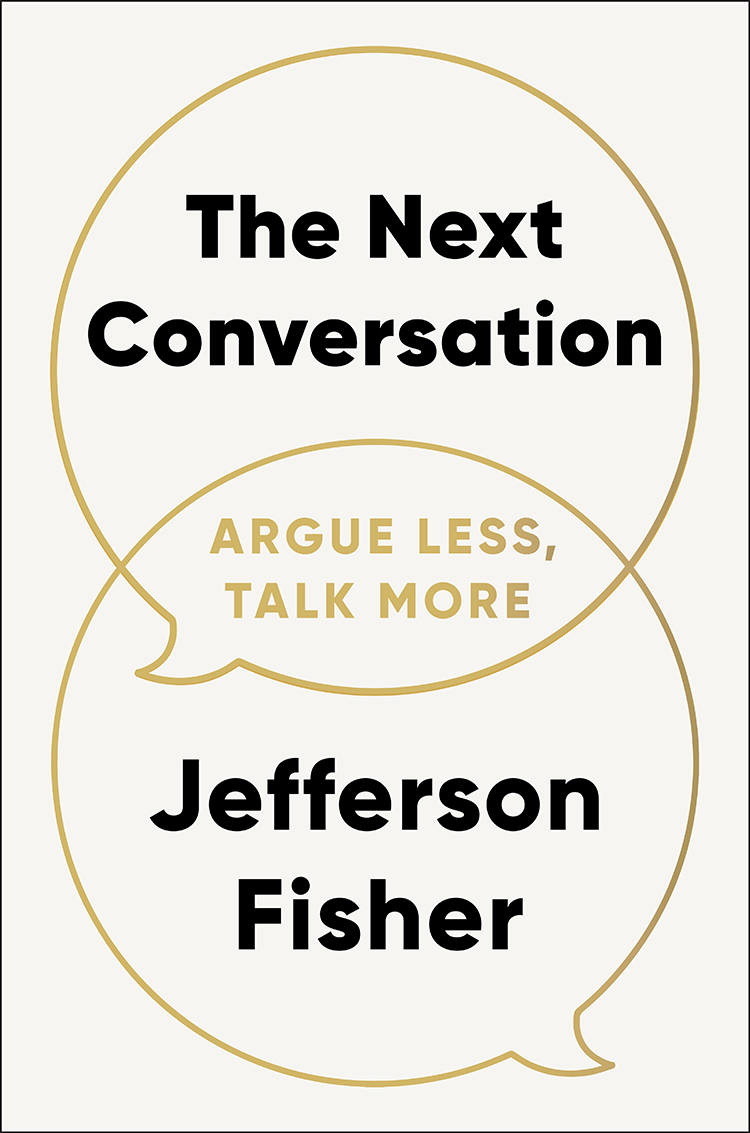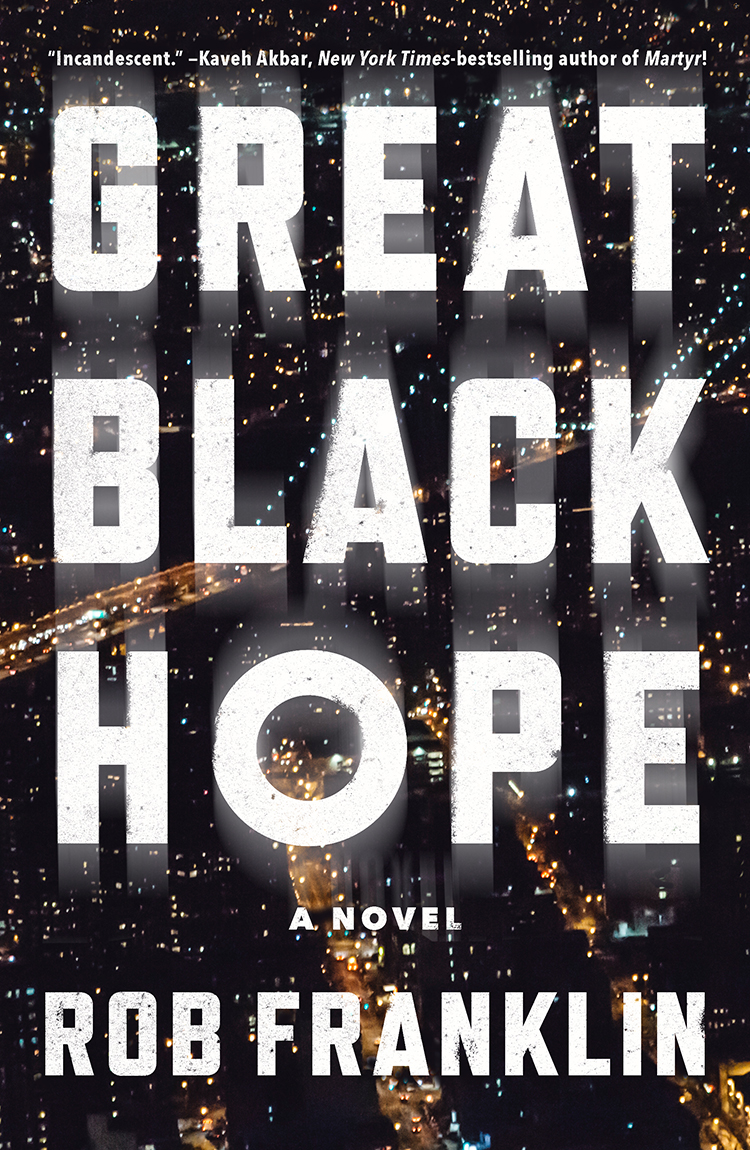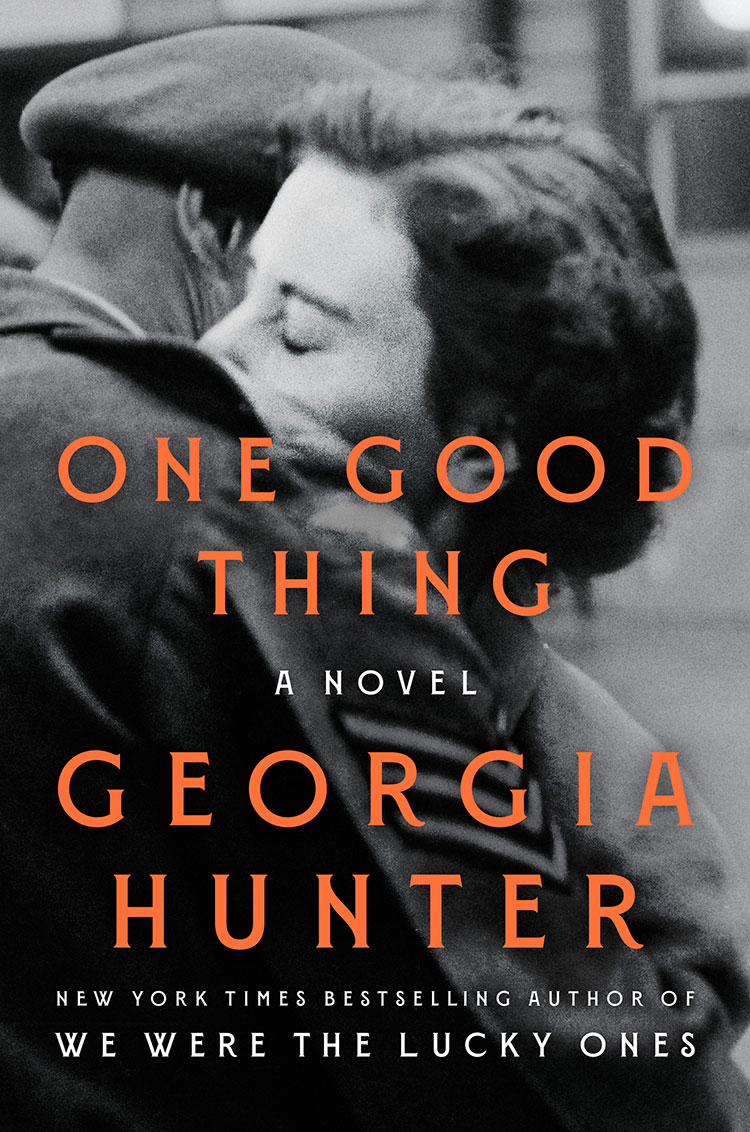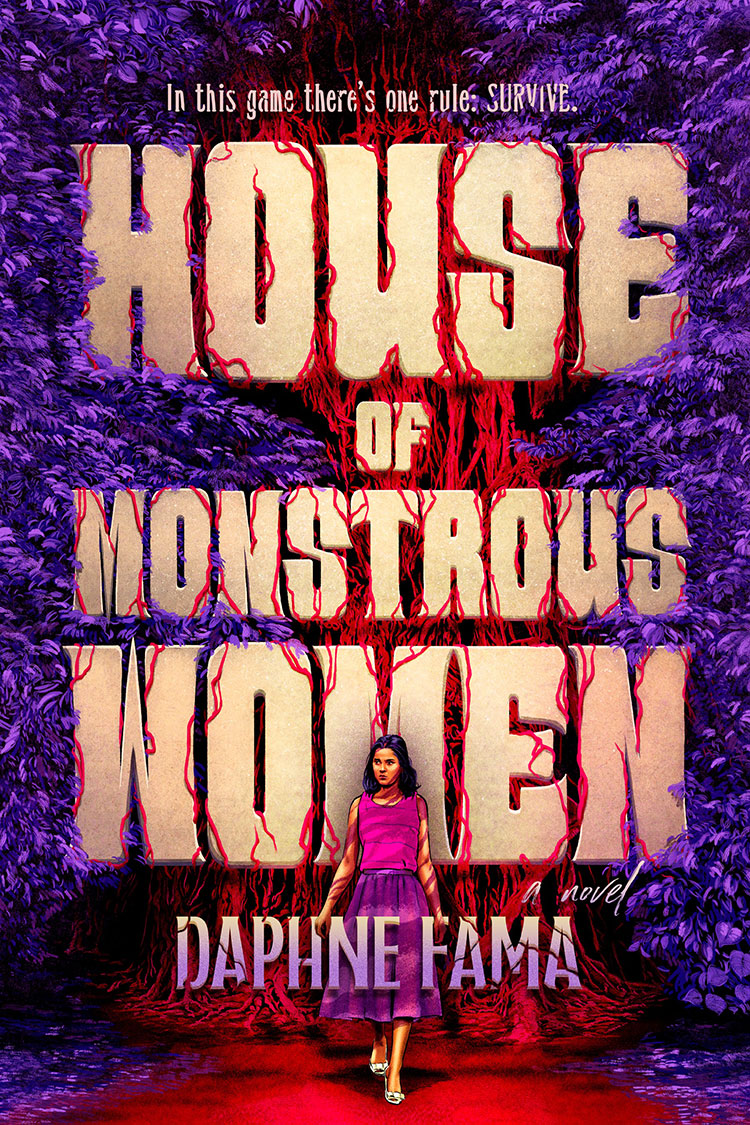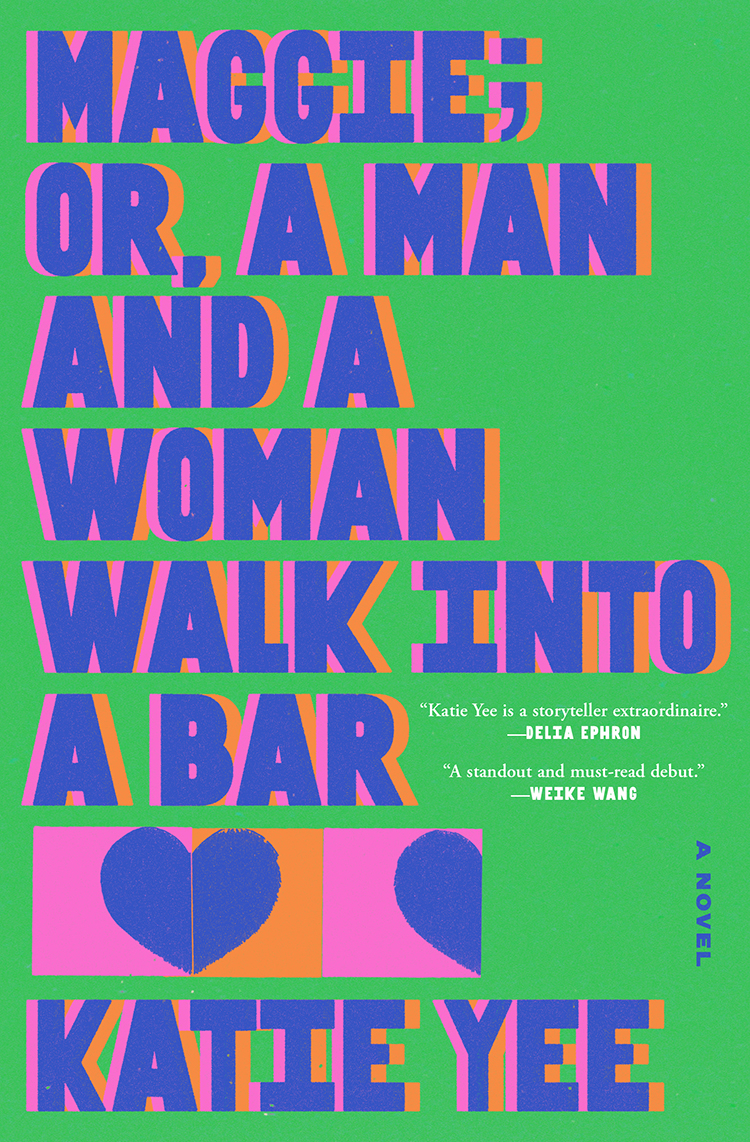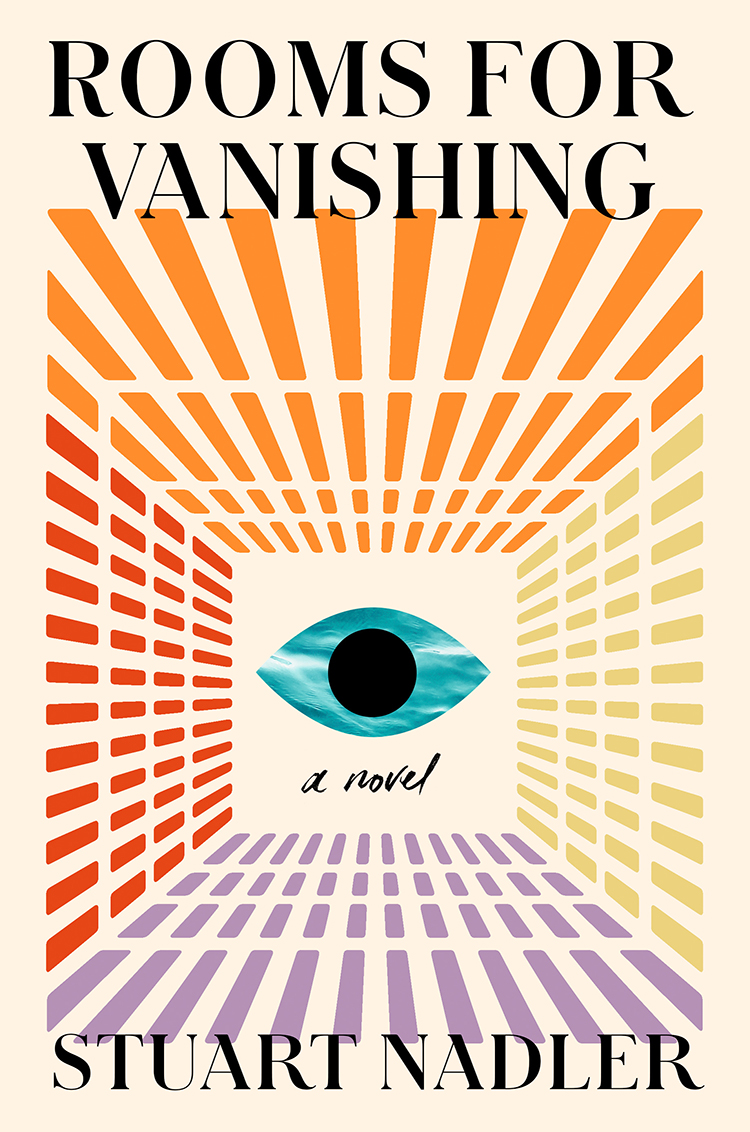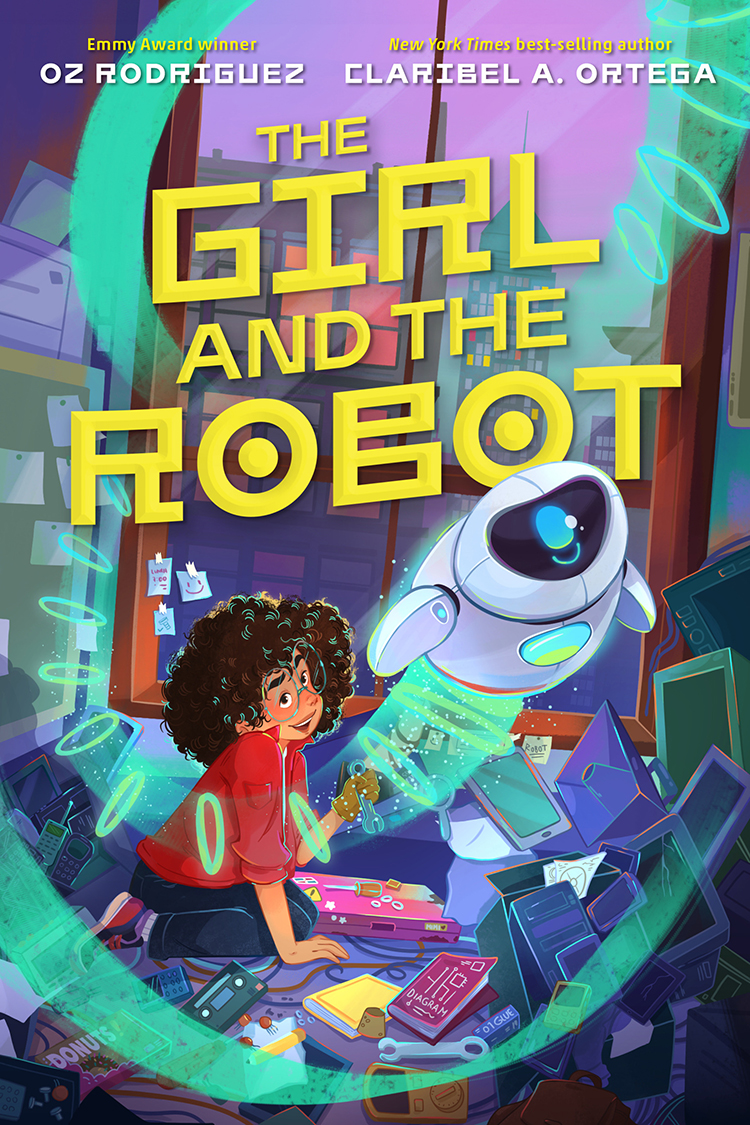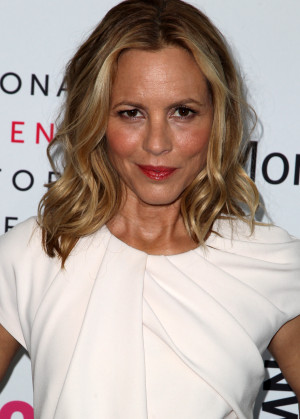
Love is Love
Pub: May 12, 2015
Dey Street Books
Pre-OrderActress and activist Maria Bello made waves with her New York Times Modern Love article, “Coming Out as a Modern Family,” when she shared how she explained to her son that she had fallen in love with her best friend, a woman, and her relief at his easy and immediate acceptance. In this piece, she made a compelling argument about the fluidity of partnerships, and how families in this modern world come in a myriad of designs. Love is Love, Maria Bello’s first book, is written as a series of questions and answers that she posed to herself. These are questions that many woman have asked themselves and Maria’s unique perspective will certainly ignite fresh conversation. Ranging from “Am I a good mother? Am I a good friend?” to “Am I Cinderella? Am I bad girl?” Maria answers these and more with tales from her own life as a woman in the world and details from the thousands of the woman who reached out to her after her Modern Love column. Not a memoir, but a deeply personal examination of how women view themselves, this book is as thoughtful and well written as it is inspirational.
Prologue
The first thing I did after I fell to the floor on my knees in agony was reach for my black rosary beads that Father Ray had given me, 18 years ago, before he died. In between the wretches and the stabbing pains in my chest, I said the Hail Mary, something I had not done in many years.
I said the prayer over and over again. The pain would stop every three minutes, and Clare would lift me back into bed and tell me to breathe. At one point I bolted straight upright like Linda Blair from The Exorcist and started screaming, clutching my beads, “Something is trying to come out of me! Something needs to come out of me! Something inside me is killing me!”
After months of emergency room visits, tests and operations, we did in fact find there was something trying to come out of me; it was a previously un-diagnosable parasite I had picked up from my many years in Haiti. This parasite had, in fact, been eating me alive. And while recovering in bed for the next three months, I realized there was something else eating me alive that needed to come out. It was much more powerful than the parasite.
It was my story.
In the summer of 2013, while I struggled in the hospital to stay alive, I realized that waiting to do something isn’t always an option. In a moment, everything could end, and all my stories would be lost — stories of love, partnerships, miracles and madness that filled the hundreds of notebooks beneath my bed. During my months of recovery, I read through each one of my trusted journals that I had been keeping since I was a teenager.
I never thought those months of recovering would become more about uncovering. With each sentence I read, I began to recover the lost pieces of myself and my life and to uncover the mystery of who I was and who I have become. And, instead of coming away after reading my journals with some definitive idea of who I was, it instead made me question everything more and more. Was I bisexual? Was I Catholic? Was I Italian? Was I a good mom?”
And who was that 13-year old girl who first decided to write her thoughts down in an old beat up green notebook with homemade hearts on the cover?
Who was that 19-year old girl whose only friend in college was an Augustinian priest? (Thank you for those rosary beads Father Ray.)
Who was that 20-something blonde haired girl in a ponytail marching around NYC in her army boots, pissed off at her past and anxious about her future?
Who was that 30-something woman who continued to sound like a teenager thinking that every man she met would turn into Prince Charming?
Who was that woman who birthed an amazing kid and yet continually questioned if she was a good enough mom?
Who was that woman who laughed at herself, hurt people, was both ashamed and proud of herself? The woman or girl who was conscious at times and completely unconscious at others?
Who was that woman who was afraid to tell the truth?
Lying in bed, on a regimen of pills and IVs that my mother and Clare strictly enforced, I decided that I wanted my next journal to start with the phrase, “So here’s my truth.” But the more I read the more questions I had. The questions were the thing. My story was all about trying to answer those questions. When I was finally brave enough, I decided to tell my story in a very public way. I was inspired by my then 12 year old son’s four simple words, when I tried to explain to him that I was now romantically involved with my best friend…who happened to be a woman and was like a godmother to him. “Mom,” he said, “Whatever, love is love.…”
That phrase “whatever love is love” was the basis of my New York Times article that was published around Thanksgiving of 2013. In the article, I raised questions about the meaning of partnership, the modern family and the labels we all carry.
At the time, I had no idea how many modern families and unconventional partnerships there were out there. And I didn’t realize how many people did not have labels to describe themselves or their partnerships, ethnicity, sexual preferences or religion, so the phrase “being a whatever” was coined to describe them. The definition of “Whatever” is literally, “Used to emphasize a lack of restriction in referring to anything.” And because I am not interested in restricting myself or anyone else with a particular label, I realized that I was a Whatever.
The more the term was used, the more questions people asked me and I asked more questions of myself. My romantic partner is a fourth generation African, but can she call herself an African? My cousin Marty has dark skin but is Italian, so does she call herself African Italian? Am I more Italian then her because I have white skin? Can a gay couple consider themselves Catholic even though they are excluded from the church? Is a man who is married to a woman but kissed a boy when he was 12 considered bisexual? Are all those heroes of mine who had affairs bad guys? Is there such a thing as classically beautiful?
Within an hour of publication, we received 273,000 Facebook posts. I was in shock that my little bit of questioning had resonated with so many people. Because of the response, the New York Times asked me to write a second piece about why I had decided to share my ideas and what I thought of the response.
As I read through the many blog posts, tweets, emails, letters and media comments I generated, I saw that many people in our world today are embracing different experiences of partnership and aren’t sure how to celebrate (or even what to call) these different kinds of love.
I was immersed in stories that were so different from mine, but also very similar. I realized that there was a new conversation to be had. That many had the same questions about partnerships, about family, race, religion, values and the labels society gives us and the labels we give ourselves. I saw through the eyes of the world and in my own heart, the real truth. That the only labels you have are the ones you give yourself.
Today, I feel if we question more, we would organically update our outdated labels for one another. Perhaps this will push the equality needle further, if not that; at least we might love ourselves more and maybe even love others better.
As we grow older and become clearer in ourselves, we begin to see our own patterns, and are able to separate what we’ve learned or what we haven’t. We start asking serious questions and find that relationships are often our biggest teachers. They take on such a variety of forms during a month, let alone a lifetime, and how we judge and label, fight or flight, & learn and commit to these is our cross to bear. Jackson woke me up literally and metaphorically speaking, by a statement he made. I realized there and then, that even I, a “progressive thinker” had been using labels that are outdated. So, this book is a series of questions I’ve asked myself in the past year, and my attempts to answer them and see myself in a different way.
Chapter One
Am I A Partner?
Who is your partner? Please write below:
I thought long and hard about this question when I was sick. Who is my Partner? For the years I had no boyfriend, I would have written no name. I didn’t even consider that a “partner” could mean anything more than a person you are in a committed romantic relationship with or a business partner. It wasn’t until my son said something that would challenge this belief that I woke up.
Two years ago, my then 12-year-old son, Jackson, asked me if there was something I wasn’t telling him, I replied, “There are a lot of things I don’t tell you.”
“Like what?” he asked.
“Adult stuff.”
He persisted: “What kind of adult stuff?”
This was the moment I had been anticipating and dreading for months.
“Like romantic stuff,” I said, fumbling for words.
“What kind of romantic stuff?”
“Well,” I said. “Like how sometimes you can be friends with someone, and then it turns romantic, and then you’re friends again. Like with Dad and me. Or romantic like Bryn and me were, and then he and I became friends.”
“So, are you romantic with anyone right now?” he asked.
I took a deep breath, knowing that my answer, and his response, would have an impact on our lives for a very long time.
Jackson was right. There was something I hadn’t told him. I was newly romantically involved, and he didn’t yet know about the relationship.
I had become involved with a woman who was my best friend, and, as it happens, a person who is like a godmother to my son.
I never really spoke to Jack about my romantic life. That part of me I kept secret from my son. I rarely introduced him to the people I had fallen in love with, or was obsessed with. It was a risk I didn’t want to take.
Clare had been with us almost daily for the last two years, and I suppose he had felt our connection. She became a key part of our family in a very short time. From the moment we met, I spoke to Clare almost daily. After a week of her staying with us in L.A., Jackson asked if she would be his Godmother. It was no wonder that he was asking me this question now.
How and when should I tell him? When I explained the situation to my therapist, she smiled and said, “Your son may say a lot of things about you when he’s older, but he will never say his mother was boring.”
Her advice was to wait until my son asked. And now here he was, asking.
About a year before this conversation, I had been sitting in my garden in California, looking through photos and the old journals I have kept since childhood. From a green tattered notebook with ink hearts drawn on it, to the one I started in Haiti in January 2010 when I went to help the country recover from the earthquake. The journals told stories that seemed woven together by a similar theme.
I read about the handful of men and the one woman I had been in romantic relationships with, passages rife with pain and angst. It seemed whenever I was physically attracted to someone, I would rush to put them in the box of being my “soul mate” and then be crushed when things didn’t turn out as I had hoped.
I read about the two men I fell for while working on films. I was certain each was my soul mate, “the one,” a belief fueled by sexual attraction that told me I was in love. Only once the filming ended, so did the relationship. And I read about the man who asked me to marry him four years ago over the phone, before we had even kissed. Three months later we were in his kitchen throwing steaks at each other’s heads in anger.
As I continued to look through photos, I came across a black-and-white print of my best friend and me taken on the previous New Year’s Eve. We looked so happy, I couldn’t help but smile. I remembered how we had met two years before; she was sitting in a bar wearing a fedora and speaking in her Zimbabwean accent.
We had an immediate connection but didn’t think of it as romantic or sexual. She was one of the most beautiful, charming, brilliant and funny people I had ever met, but it didn’t occur to me, until that soul-searching moment in my garden that we could perhaps choose to love each other romantically.
What had I been waiting for all of these years? My friend is the person I like being with the most, the one with whom I am most myself.
The next time I saw her, in New York, I shared my confusing feelings, and we began the long, painful, wonderful process of trying to figure out what our relationship was supposed to be.
First, I wondered how the relationship would affect my son. He trusted Clare. He loved her. Second, I worried how the relationship might affect my career. I have never defined myself by whom I slept with, but I know others have and would. Such is the nature of Hollywood, in some pockets anyway.
It’s hard for me to even define the term “partner” in my life, but others would try.
For five years I considered my partner to be a dear friend who just happened to be in his seventies. He was a former producer and studio head named John Calley, and I spoke to him every day until he died. We both loved books and being seekers in life, to understand ourselves and the world better. He was the one who picked me up each time I had a breakdown about another failed romance. Because we were platonic, did that make him any less of a partner to me?
And I have never understood the distinction of a “primary” partner. Does that imply we have secondary and tertiary partners, too? Can my primary partner be my sister or child or best friend, or does it have to be someone I am having sex with? I have two friends who are sisters, have lived together for 15 years, and raised a daughter together. Are they not partners because they don’t have sex? And many married couples I know haven’t had sex for years. Are they not partners, despite being married?
As Clare and I grew closer, my desire for her blossomed until, after a few months, I decided to share the truth of our relationship with my large, “traditional” Italian-Polish, Philadelphia family.
My father’s response came between puffs of his cigar while we sat on the roof of a casino in Atlantic City. “She’s a good girl, good for you,” he said. My mother and siblings echoed his sentiments. Maybe they weren’t so traditional after all?
My feelings about attachment and partnership have always been unconventional. Jack’s father, Dan, will always be my partner because we share Jack. Dan is the best father and the most wonderful man I’ve known. Just because our relationship is nonsexual doesn’t make him any less of a partner to me. We share the same core values, including putting our son first.
At one point it looked as if I might not survive. But the people who were at my bedside every day at the hospital were all of my life partners: my mother, Jackson, Dan, my brother Chris and Clare.
Clare rarely left my side and called every doctor she knew to help figure out what was wrong with me. It was Dan who brought our son to see me every day, and kept him feeling safe during such a scary situation.
It was Chris whose arms I fell into when I couldn’t get up. It was my mother who stroked my head for hours at a time. And it was Jackson who walked me through the halls with my IV and made me breathe.
So back to Jackson’s question. Was I romantic with anyone right now?
I exhaled and finally said it: “Clare.”
He looked at me for what seemed like an eternity. Then, he broke into a huge, warm smile. “Mom, whether you are lesbian, gay, bi or transgender, shout it out to the world. Whatever, love is love,” he said with wisdom beyond his years.
I loved him so much for saying those words. “But Jack, I’m a little scared,” I said. “When I was younger, people judged you if you were in a romantic relationship with a person of the same sex, and some still do. So I’m not sure how to deal with this. But we’ll figure it out together.”
And we have figured it out together: Jack, Clare, Dan and I. It’s a rare weekend when we aren’t piled in the same car, driving to one of Jack’s soccer tournaments. Dan makes fun of Clare for getting lost and she makes sure he always has the umbrellas, sunscreen, water, snacks and whatever else we might need in case of a nuclear disaster.
Mostly, the four of us laugh a lot together. Jackson has gotten us hooked on “Modern Family,” and in each episode he tries to figure out if Dan is Phil or Jay and if Clare is Gloria or Mitchell. (He has no doubt about which character I am: Claire.)
So I now would like to consider myself a “whatever,” as Jackson said. Whomever I love, however I love them, whether they sleep in my bed or not or whether I do homework with them or share a child with them, “love is love.” And I love our modern family. I love my family and my life. I would be lost in this storm without them.
In the end, I wanted my 12-year-old son to be proud of his family and not think that our story was something to be ashamed of or was so unusual that we were the only ones living as a “modern family.” I wanted anyone who read the article and lived in a family that was not traditional, to know they weren’t alone. As I said, Jack’s dad, Dan who used to be my romantic partner is now my best friend. Though we do not live together, he is a part of our family. Our family consists of Jack, Dan, Clare and me, among many other different family members and friends. They are all my partners in different ways.
So here I am shouting it out to the world, as my son so eloquently expressed, I am a “whatever” and I have a whatever family too!
A woman came to my trailer on a movie set a few days after my first article appeared and thanked me for my story. She said that her ex of 10 years ago lived in her guesthouse and that her best friend lived in the room next to her, and that they all helped to raise her children.
How could she explain that to people?
What is she to say when strangers ask, “Are you in a relationship?” or “Do you have a partner?”
That she is not having sex with anyone but that she does, in fact, have partners and a family?
Since she had no label to define her or her family I thought, “I guess she’s a whatever.” And her family was a whatever. Just like mine.
I realized that this was an idea that needed to be shared with the world.
Another said: “Being a divorced mom I sometimes don’t know where my life fits, and your story brought to light that everything doesn’t always have to be black and white. There can be ex-husbands who are still partners in our and our children’s lives, friends who could be lovers — whatever it is.”
One of my dearest friends was impregnated with the sperm of a gay man friend. Her son is one of Jackson’s best friends. When Jackson was five I asked him if he knew what sex was. “Yeah, Mom”, he said, “It’s when a woman puts a turkey tube in their vagina and she has a baby.” Obviously words from his best friend. His friend’s father lives far away. His mother has not been in a romantic relationship the whole time he has been growing up. Her family consists of her, her son, her brother and her nanny of fifteen years, as well as extended family and friends. She always says, “It takes a village to raise a child.
Friends from Mexico, two women living together romantically, have four white wolves. They cook dinner for them every night and they have their own room. They consider them their family. And the list goes on for “unconventional” ways of having family and partnership.
The label of “partner” is outdated. An updated label of partner can be anyone who is significant to us in some fundamental way. That’s a life partnership. That’s the real ‘modern family.’ That kind of family is just as valid as a heterosexual or homosexual couple bringing up a child. The definition of the family is changing and I hope it’s working to bring people together with a new respect. So “Am I part of a normal family?” NOPE. I’m happy to call my family “unconventional” and “modern”. Normal is only an idea of how some people live and what a real family is. A fantasy we’ve sold throughout the years. I don’t know anyone in a “normal” family. Because who decides what’s normal anyway?
Maybe, in the end, a modern family is just a more honest family.
So rethink the first question for a minute. Who is your partner? Please write below.
Chapter Three
Am I Forgiving?
“Dad, Do you remember when you chased us through the backyard with a gun?”
My sister Lisa and I are sitting with my Pop in his garage. It looks exactly as it did 40 years ago. It is two weeks before Christmas and I have come back home to see everyone. Lisa and I are on the same wooden folding chairs that his mom and dad, My “PopPop” and “Gram,” used to have in their basement. Dad sits on his walker that flips around and makes a seat. He is taking drags of his cigarette in between gulps of McCallan’s scotch, which he always makes sure he has when I come to town. We are half a bottle in and Lisa, who is 13 years sober, is laughing.
“Ah Geez,” he answers, “I was on so many pain drugs at that point I don’t remember a god damn thing.”
I am picturing the scene, a hot summer day, about 36 years ago, the four of us kids and my mother being marched at gunpoint with a hunting rifle through the neighbor’s yards back to our home that we had just run away from.
I laugh along with Lisa and I can’t help but think how lucky we are that we can laugh at this now. And not only us, but my two brothers, mom and our huge extended family too.
I never imagined one of my greatest teachers and partners would also have been this angry, ornery giant who had caused me so much pain and anxiety in my life.
My brothers and sister and I agree - we were terrified of our father all the time. Sometimes we talk about our old war wounds and the battles we fought. We were soldiers in arms who fought side by side for many years. Our father was our common enemy. Vietnam, Philadelphia, it’s all the same.
I try to revisit my past without digging into old wounds. I spent most of my life up until I had Jack, scraping off the scabs of my childhood with my fingernail until the hole got so deep it reached my bones. Those family scars never disappear entirely, but can heal over time until they are tiny lines and we can barely see them.
Still, once in a while, even as adults, the thin red lines glow a bright red and sometimes start to itch and bleed. The good news now is that we talk and even laugh when they appear.
When we were kids, we had an unspoken pact not to ever talk about what went on in our home. Or maybe we were afraid even then how damaged we all were, that if we started talking about it or crying about it, we’d never be able to stop. Maybe that was the only way to survive, to keep everything hidden.
To many we were the PERFECT family. The beautiful young couple with their four well-behaved, beautiful children, prancing into church every Sunday. You’d never had known that we were routinely awakened by our drunken father, closely followed by our crying mother who was trying to soothe him, as he screamed, “GO DOWNSTAIRS AND CLEAN THE KITCHEN! YOU LEFT IT A MESS FOR YOUR MOTHER.” Terrified we scrambled down the stairs to be entertained by the ornery drill sergeant for two hours. Back to sleep at five, up at seven for church, Perfect! So, we were very skilled at hiding our pain, our embarrassment, and our shame.
My father, Joseph Patrick Bello Jr. was a big, handsome strapping Italian man, who lived, breathed, danced, loved and worked in his body until his body was crushed by a steel beam on a construction site when he was thirty. He broke his back and in one second all of his dreams blew up. He had nothing else BUT his body. He became a man who went through pain medications like M&M’s. A man who didn’t know he had the options and right to go to therapy for PTSD. Instead, this man thought he could handle it, and wanted to handle it, but just didn’t have the tools. My mother would try to give him the tools over the years, to “nurse him back to health.” And he wanted her to, somewhere in his heart. Aren’t we all looking for someone to bandage our wounds and tell us we’re ok and love us no matter what? But no one could give him the self-acceptance my father was looking for. Not even my mom.
My mom, Kathleen Antoinette Urban, was born in a kitchen. Her parents and she lived in a small apartment above the bar that my grandparents owned, the Brown Derby, in the small hillside steel town 20 minutes outside of Philly.
Her earliest memories were of Mary, the mother of Christ. When she was two years old, she fell down a twelve foot staircase at her house. She says that she saw Mary at that moment, gently holding her and guiding her down the stairs. My grandmother was spooked when she heard this as she couldn’t explain why her 2 year old had fallen down the stairs without getting hurt. But my mom knew the truth. She has had an affinity for Mary through her whole life. Whenever something bad happens a rose would magically appear and she would know it was a sign from Mary.
Mom slept on the pull out couch in the kitchen and as my grandmother explains, “She never complained.” My grandfather was a happy drunk. Always singing and laughing, after morning shots of cheap whiskey. My Gram was always yelling at him to stop. She paid so much attention to him, that none really went to my mom. Mom was on her own but never bitter about it.
My grandfather, who we called, PopPop, was what you would consider today a functioning drunk. He drank from morning to night with his buddies from the steel mill. Often he would bring his brothers and a few guys upstairs after the bar closed to sit around the kitchen table and play the accordion and drink whisky, smoke cigarettes and cigars, sing and play pinochle. My mom thought this was the best time of her day. She would get up from her couch bed in the kitchen and serve them cut into perfect slices, fresh salami and Ritz crackers. She didn’t do it because PopPop told her to. She just loved the music, celebration and joy of family. By the time she was seven7 she was making more complicated dishes like scrambled eggs for her dad and his friends, hanging out and singing at 2AM. She loved it. Cooking and sharing food were her passion and joy and still are.
Kathy was from the Polish church. Blue-eyed, blonde haired beauty, who at 15 resembled Marilyn Monroe. Looks are where the comparison stops. Kathy was known as a saint, an angel. The girl who not only went to church every day but got on her hands and knees every morning to clean the marble floor of the church….with a toothbrush. She did it all with a smile, prayerfully and joyfully.
Enter Joe Bello. A 16 year old from the Italian Church. He looked like Elvis, slicked back black hair, wild dark eyes, slim, strong body. His nickname was “animal”. He got this name because he was a ferocious football player and one time when they were playing another school, he reached inside the quarterback’s facemask and accidently tore his lip off up to his nose.
He fell in love with her right away. She fell in love with the bad boy. They were perfect for each other.
My mom said that after the ‘animal incident’ he came to her crying. He said, “Poor son of a bitch, what the hell did I do? Yeah, he’s Irish, but he’s a good guy. Why’d I do that?” And in this vulnerable moment he told my mom the story of what happened when he was seven years old. After Dad snuck out to ride cousin Rusty’s horse without asking, my grandfather beat him with a belt and then tied him to a pole with ropes in the basement for the entire night as rates scurried over his ankles. He cried out all night but no one came to save him. After that evening he never really cried too much again
It wasn’t just that time but many that he was beaten. He was routinely told he was a “good for nothing”. He had to sit on my PopPop’s right side at dinner so he could backhand him if a pea fell out of his mouth. And that night it just all came out in a rage toward the Irish kid. My mom realized then that he had a lot to be angry for. She had so much compassion for my Pop. She saw the truth of his heart from the start and no matter how he acted, she would always love him.
But after the accident where he broke his back, things got worse. My dad, coming from old-fashioned first generation Italian, construction worker immigrants, was especially shamed at his inability to provide. Now my mom had to take care of him, pay off the house, pay all of our bills and take care of the kids. He could do nothing and he was furious about it. There were years of operations that only left him more scarred and in more pain. There was also the psychological side. Back then he wasn’t “disabled” as we say now, but a “cripple.”
He was given painkillers to dull the pain. Drank to dull the pain. Sat in his orange and red Barca-lounger for years cursing the guys who had taken his life from him. He was also cursing my mother and all of us kids and our dogs for God knows what. He would scream and yell, throw things and chase us through the backyard with a gun when we ran away.
He hit bottom when we discovered my mother had non-Hodgkin’s lymphoma and was given 5 months to live. My Dad went out of his mind. That summer, when all of us kids were running a pizzeria down at the Jersey shore and my mother was in Philly getting chemo; my dad was raging back and forth from the pizzeria to our one bedroom apartment next door. After spending nights at the yacht club and the VA drinking, he would come to the restaurant and rage and scream. It stopped when I threw him out the back door of the Pizzeria when he knocked me down in anger for closing up five minutes too early and t my older brother threw him out of the window because he had hurt me. That was the last time my father ever laid a hand on any of us.
My father and I have healed a lot over the years. Always I could see his light, though it was so painful at times to even look at him. I saw how much he hated himself and how his father had done that to him.
After weaning off meds and apologizing to my mother and all of his children, and after having done mountains of my own therapy, I’m not terrified anymore, just compassionate, painfully curious and heartbroken for my dad. How must he have felt every time he had to ask one of us little kids to tie his shoe? A man, who used to be able to lift an entire building, now had to rely on a child.
Now, from my adult self I can also see the beautiful things my dad did and the sacrifices he made for us. He got up every Saturday and Sunday at 5am, and drove my sister and me to our job at the local bakery and my brothers to their job picking up nails on construction sites. He sacrificed his time and drove even though he could barely sit up straight. He taught us the value of hard work and how to become self-reliant. He made sure every one of his kids went to college and saw Disney World before we left home for good.
And now sitting in the garage half-drunk with him and my sister two decades later, I am humbled by his courage. He quit the drugs and heavy drinking (except when we were all home for holidays sitting in the garage!) When I was in my twenties he was finally diagnosed with bipolar disorder. He started medication and has been much saner since. He would pass that gene down to my sister and me. In my thirties, he was wrongly diagnosed with early Alzheimer’s and was given medication that made him shake so hard he couldn’t bring a spoon to his mouth. He was finally correctly diagnosed with MS. He loses more mobility every year.
But the thing that makes me honor him most is that he was able to own his mistakes. He has apologized to all of us for years. He cannot remember most of what happened when we were younger, but he apologizes nonetheless. He can’t believe he did these things. And my brothers and sister and I have accepted his grief at not being able to do the right thing all the time. My Pop is curious and kind and always interested in knowing more. He reads two to three novels a week. He wishes he had gone to college, but back then they didn’t have diagnoses like bipolar disorder or ADHD. He was just considered him “a troubled, good-for-nothing kid.”
He is an excellent grandfather to Jackson and his other five grandkids. They like hanging with “Pop,” whether it’s going fishing with him or learning to shoot bb guns in the backyard. He has slowed down over the years, but still comes often to Los Angeles to see my brother and our family. Clare dotes on him as he sits on his walker on our patio and smokes his cigarettes (He always quits right before he comes and then starts smoking with me immediately when he gets here.) He fixes things around the house. He repaired the antique white French bistro chairs that were missing slats of wood. It took him six months. He sketched the exact dimensions and took it home to his workshop so he could make exact replicas. We didn’t repaint the tan wooden slats that sit next to the old white ones. And we never will. We like them this way. It reminds us of my dad and his endless courage and grace to overcome the worst of what life might hand you.
I don’t really know how many years it took to transform my relationship with my Dad and to come to peace with the things that happened in my childhood. My experience with my family reminds me of the fluidity of relationships. If we can only allow our relationships to go through their changes and get to the bottom of our own rage, sorrow and shame – then we have the opportunity to become something we could never imagine.
For me it was about becoming a woman who is more conscious, more humble and more compassionate. My brothers and sister have emerged from our childhood as extraordinary human beings. Without them in my life, I would be lost. They are my partners in many ways. No one else in my life will ever know what it was to grow up in that house. We have shared experience of growing, grief, and memories. Instead of it making us more distant, it only continues to make us stronger. My older brother, Joey always says, “Friends will come and go but you’ll always have family.” And I am confident I will always have these three in my life.
So, back to the question; Am I forgiving?
Forgiveness is supposedly the balm for old war wounds. I’ve ventured there over the years and always came back with the same answer. I cannot erase something that is a part of me. All I can do day after day is try to accept what happened. Forgiveness entails a rational decision. A child is not rational. A child just feels. You can’t explain soul work to a child. I will let the child me feel and hold her while she cries. That is the best that I can do.
But forgiveness as an adult is really about Acceptance. To accept what happened, to understand the child within me will never forgive it, but that my adult self fully accepts and forgives it.
Knowing and accepting doesn’t always take the pain of what happened to our family away, but it does help us to unwrap the fear and trauma and see the good inside of each of us. Maybe it even helps us to forgive OURSELVES a little more.

